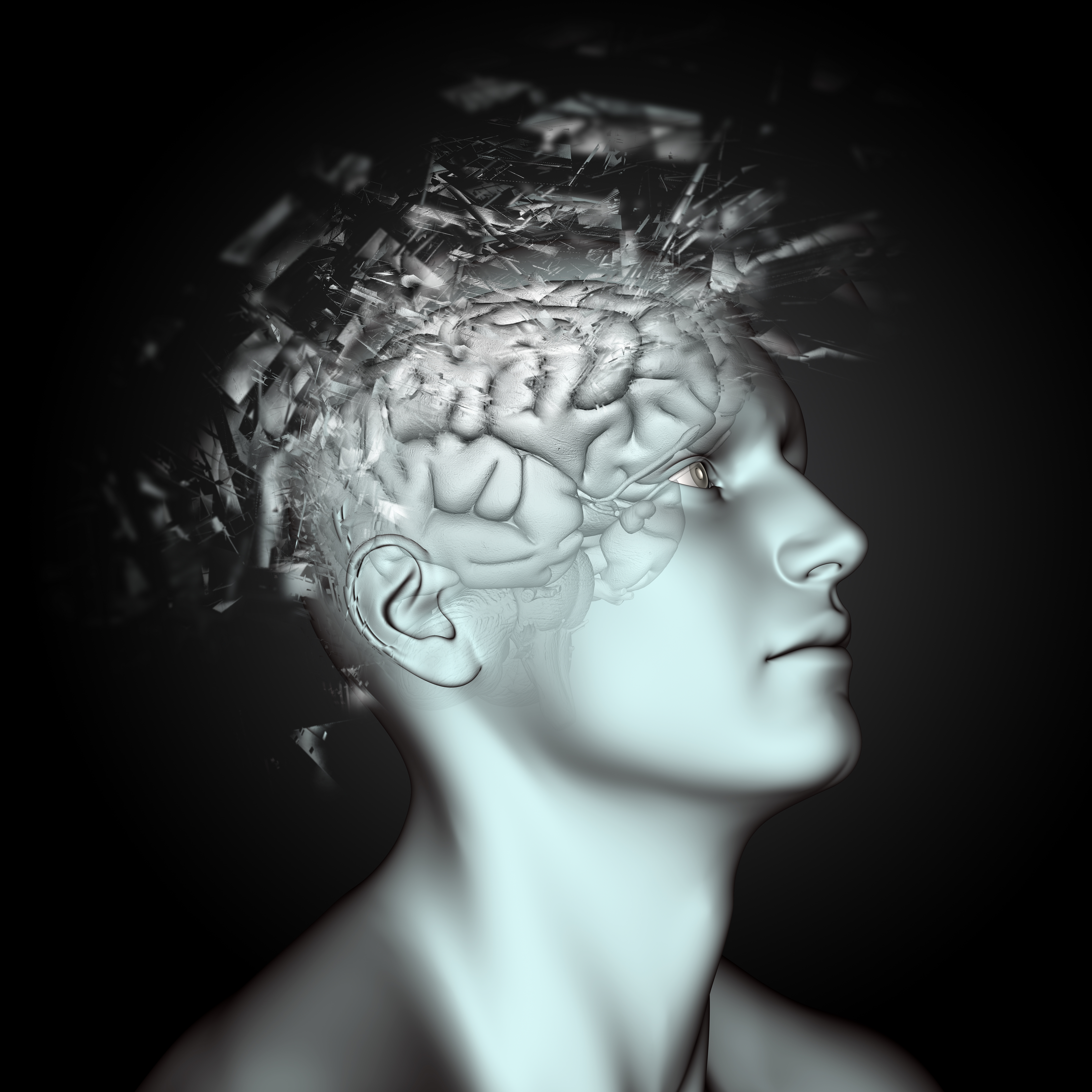
At IsraClinic, with over 20 years of experience in diagnosing and treating complex psychiatric disorders, we apply a unique psychoergonomic and holistic approach developed at our clinic. We conduct diagnostic processes and treatment planning through a multidisciplinary team, including psychiatrists, clinical psychologists, neurologists, and other professionals.
Schizophrenia is one of the most common and complex endogenous psychiatric disorders, characterized by a loss of contact with reality, distortions of perception, thought, and behavior. The global incidence ranges between 0.3% to 1% of the population, with no significant gender differences (American Journal of Psychiatry, 2022). The disorder typically manifests during late adolescence or early 20s in men, and between 25 and 35 years in women (Mayo Clinic, 2023; PubMed Data Review, 2021).
An initial diagnosis must distinguish between positive and negative symptoms, which are the building blocks for early identification of schizophrenia:
• Positive symptoms: hallucinations (especially auditory), delusions (paranoid or bizarre), disorganized speech or behavior.
• Negative symptoms: apathy, emotional flattening, social withdrawal, decreased ability to concentrate or think, and anhedonia.
Diagnosis is primarily based on a comprehensive psychiatric intake conducted by a board-certified psychiatrist, which includes:
• Structured and semi-structured clinical interviews
• Review of medical and family history
• Complete psychopathological evaluation
To exclude organic or neurological causes, the following tests are usually performed:
• Laboratory tests: general chemistry, complete blood count, B12, folic acid, vitamin D, sometimes CRP and cortisol.
• Neurological tests: EEG, MRI or CT if necessary.
• Infectious disease screening: such as HIV, hepatitis, or viruses affecting the CNS.
In approximately 80% of cases, the onset is reported by family members rather than the patient. Patterns such as social withdrawal, neglect of hygiene, strange statements about external control, and hearing voices represent 'red flags' for early diagnosis.
According to the current biopsychosocial model (PubMed, 2022):
• Genetic: risk is 12% if one parent is affected, 40% if both, and 47% for monozygotic twins.
• Environmental: drug use (especially early cannabis use), childhood trauma, social isolation.
• Neurobiological: imbalances in the dopaminergic and glutamatergic systems.
Early and accurate diagnosis of schizophrenia is crucial to slowing disease progression and preserving occupational, social, and personal functioning. The earlier the treatment starts, the higher the chances of long-term remission and successful rehabilitation.
At IsraClinic, with over 20 years of experience in diagnosing and treating complex psychiatric disorders, we apply a unique psychoergonomic and holistic approach developed at our clinic. We conduct diagnostic processes and treatment planning through a multidisciplinary team, including psychiatrists, clinical psychologists, neurologists, and other professionals.
This collaborative model enables highly accurate diagnosis in a short period and allows for fast, personalized treatment planning. All team members remain involved throughout the care process—from intake, through medication adjustment, to emotional support and treatment recalibration when needed.
Our patients benefit from comprehensive care—diagnosis, treatment, and follow-up—under one roof, in Hebrew, Russian, or English, in a professional, discreet, and supportive environment.
Author: IsraClinic – Expert Mental Health Clinic